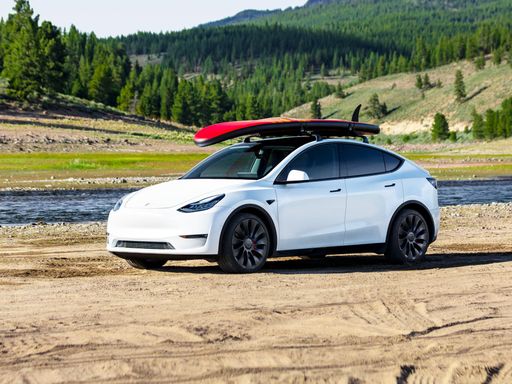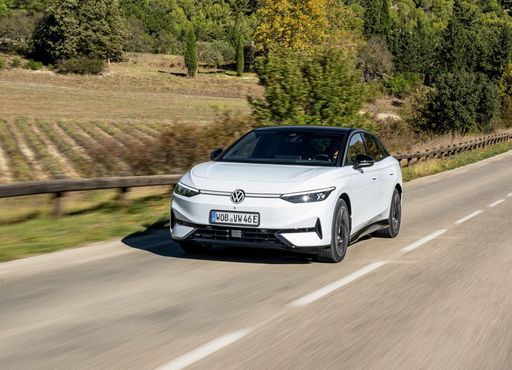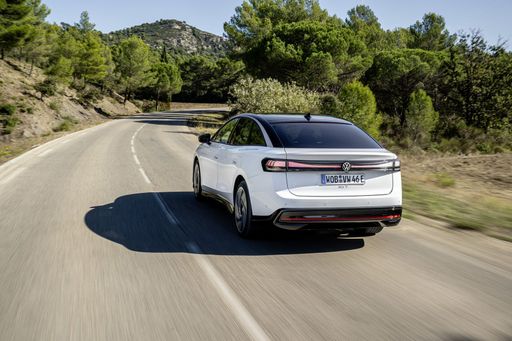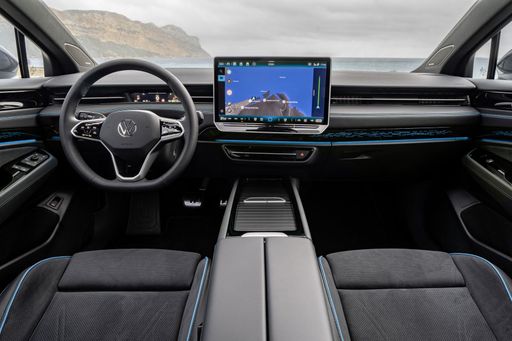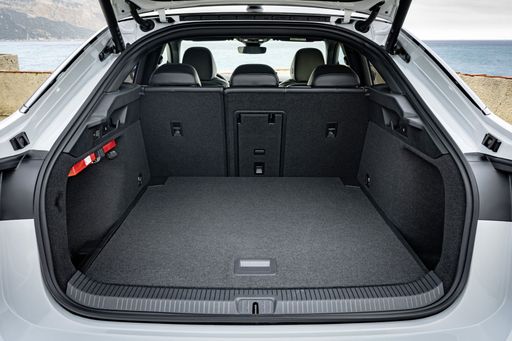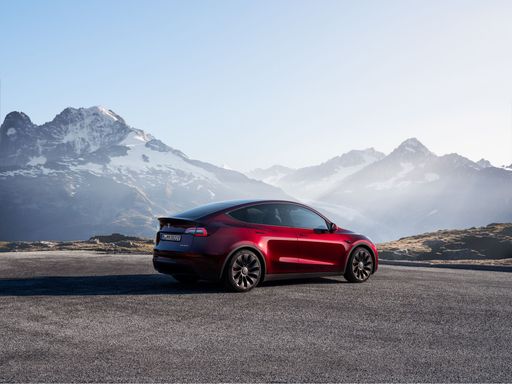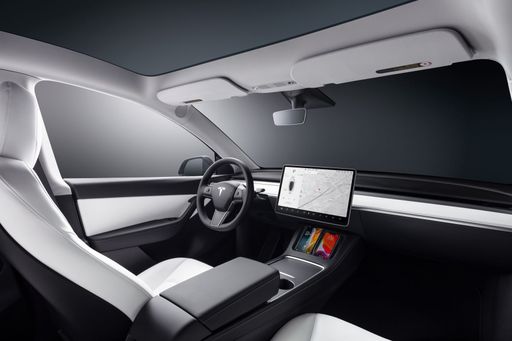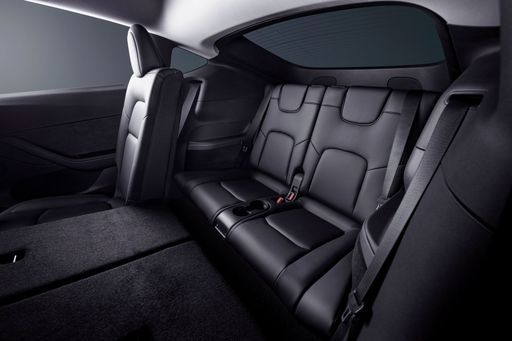Introduction: VW ID.7 vs. Tesla Model Y
The electric vehicle market continues to expand and evolve as more consumers embrace sustainable mobility solutions. Among the standout players are the Volkswagen ID.7 and the Tesla Model Y, two electric powerhouses that offer cutting-edge technology, ample performance, and appealing designs. In this comparison, we will explore the technical specifications, innovations, and features of both models to determine which one stands out in a crowded segment.

